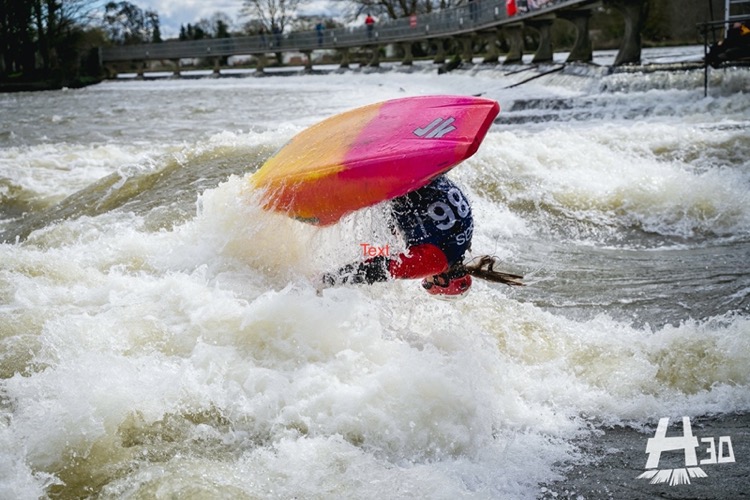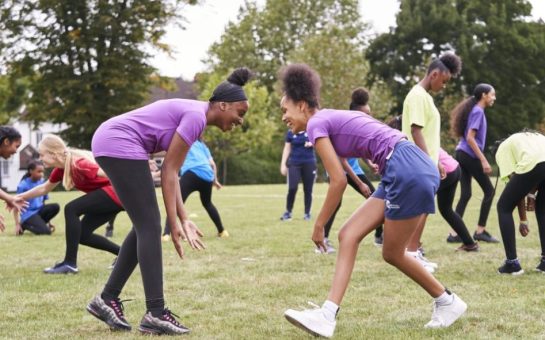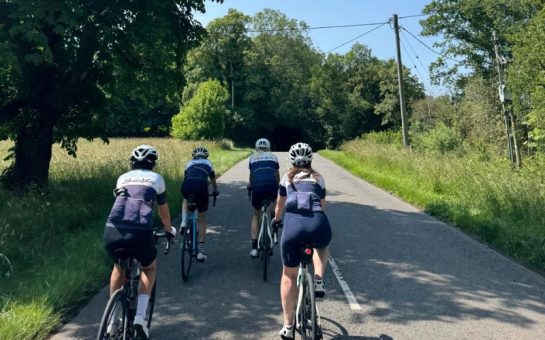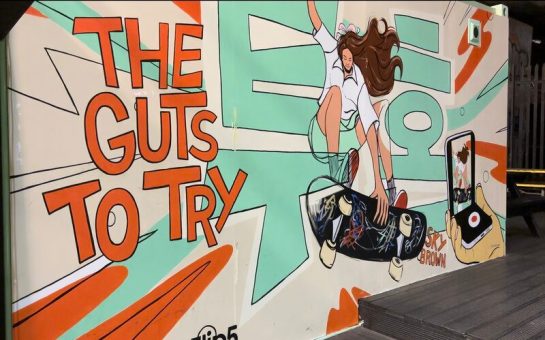![]() By Alice Reeves-Turner
By Alice Reeves-Turner
May 2 2020, 18.00
Follow @SW_Londoner
The trials and tribulations experienced by athletes, whether that be hard training, poor performances in competitions or career altering injury, is a topic often discussed.
But in recent years a new discussion point has loomed ever larger, that of the injury you cannot see: concussion.
Team GB freestyle kayaker Heidi Walsh is well aware of the impact concussion can have; she was concussed in 2019 after diving into Westwater Canyon in Utah following a self-supported kayaking trip.
The 22-year-old had not realised the shallow depth of the water until she had ‘ground’ her head into the rock below, briefly knocking herself unconscious.
Astonishingly Walsh managed to walk herself out of the waist deep river, however, within the hour, the freestyle kayaker began to notice the effects of concussion.
“I think I only blacked out for a brief second, I walked myself out,” she said.
“There was so much adrenaline in me that I kind of acted normal. If it wasn’t for everyone else panicking I wouldn’t have thought it was that bad.
“But as soon as the adrenaline wore off I could feel the effect of the concussion.
“It made me lose my personality, I was very monotone. I was very slow physically and mentally. Everything felt like effort and I lost that intensity that I needed for both my sport and for life.
“I one hundred percent think the push in the media and by organisations to cover concussion is good. It means that people are aware of it, how serious it is and how life changing it can be.”
Concussion, unsurprisingly for a sport in which athletes perform flips and tricks whilst in a kayak, is a common injury within freestyle kayaking, resulting in it being taken incredibly seriously.
Athletes are encouraged to follow concussion guidelines and are not pressured to return to the sport too soon.
Three months after her accident Walsh was still suffering from severe memory loss as a result of her concussion.
The prolonged nature of the Loughborough University student’s recovery, albeit shocking, is not uncommon in female athletes.
Despite research into mild traumatic head injuries in women specifically remaining rare, studies have found that women are more prone to concussion than men and endure a longer recovery due to weakened neck musculature.
The risk of concussions have been found to decrease by five percent for every one pound increase in neck strength.
Each year there is an estimated 4 million cases of #concussion, with findings showing that women are more prone to them.
— Alice Reeves- Turner (@alicert_) April 30, 2020
Do you think enough is being done within #WOMENSPORTS to prevent concussion?
Please vote below, and reply with your views! #journorequest #sport
For Walsh, this extended recovery time led to a feeling of frustration.
She said: “I struggled with my memory for months after. I was working in a kitchen and the chefs would tell me to go into the freezer to get this, this and this and I would walk into the freezer and I would just stand there and be like why am I here? I couldn’t remember what I needed to get.
“I had to write everything down on my phone, and then I would have to remember to look at my phone when I got there.
“It was really hard and really frustrating because the things that the concussion affected and I really struggled with, were easy stuff that I can do.
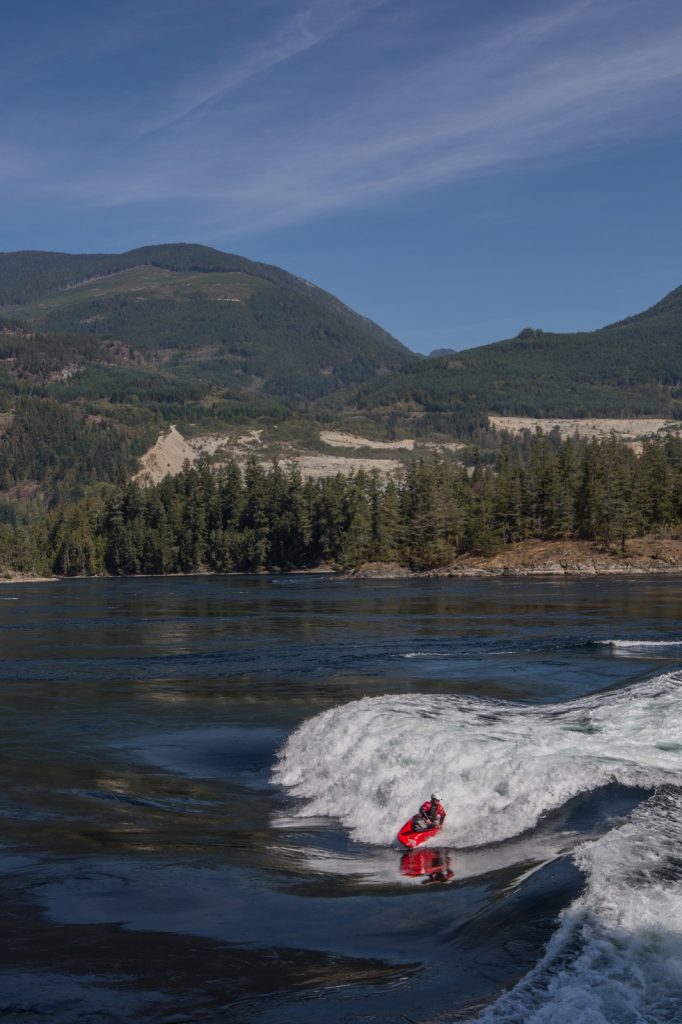
“I’m not sure if it has affected me longer term. I’m sure it probably has. If you have one concussion you’re a lot more likely to get another one and then it can affect you for the rest of your life which is very serious. Preventing that first concussion is so important.
“It definitely makes life more difficult. It was demoralising. But everyone has setbacks, it’s how you deal with them is how you move forward.”
For the 22-year-old, who until recently was the youngest member of the Team GB Freestyle Kayak squad, moving forward has involved a 21-day expedition down the Grand Canyon in Arizona and taking up extreme racing.
At the Extreme World Championships 2019, the first year that women had a category, Walsh placed 11th despite being the youngest competitor.
Walsh’s will next compete in the Canoe Freestyle European Championships, set to go ahead in October 2020 despite the coronavirus pandemic and admits she is missing her kayak.
“I think coronavirus hit kayakers really hard, possibly harder than other sports because kayaking is such a lifestyle,” she said.
“It’s not just the sport that we miss, it’s the traveling to an unknown location, living by the river in a tent for a week or two with just your best friends and nothing else and no distractions, being more on an adventure than a training camp.
“It’s very hard to be stuck inside. I don’t even have a kayak with me at the moment, they’re all dotted across the country so I couldn’t even go if I wanted to.
“I don’t think corona will impact the standard at Europeans, I think in terms of skills it’s quite easy to blow off the cobwebs so you don’t really forget your moves, they kind of stay with you.
“Obviously people won’t be learning new things at the moment, so maybe people won’t have improved as much when you compare to last Europeans, but everyone is in the same position. There’s not much that can be done and no one is at an advantage.
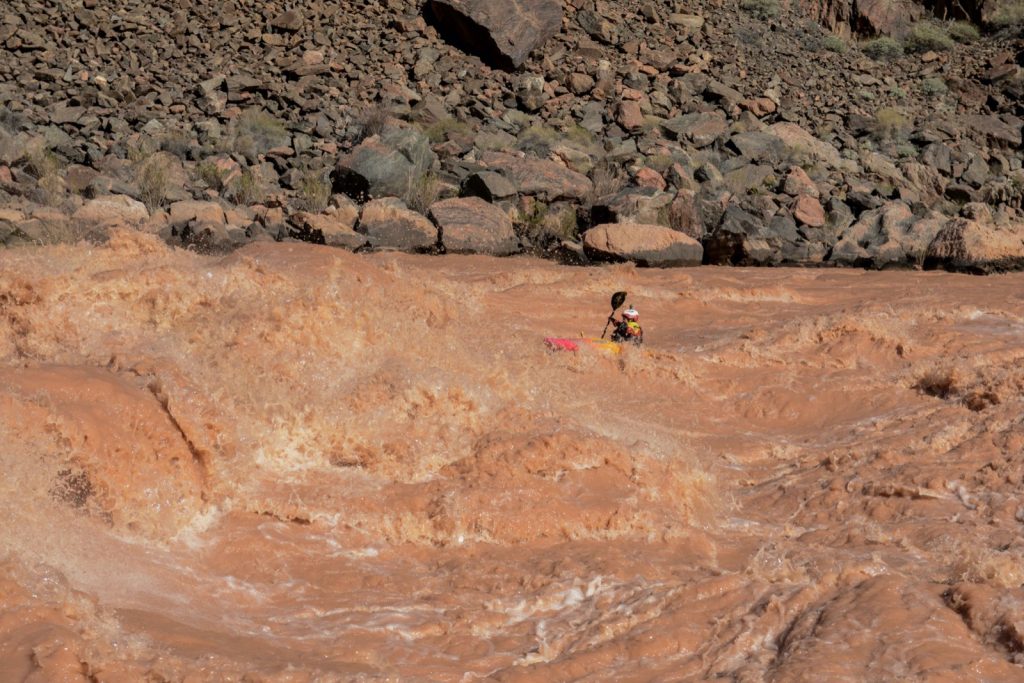
“My aim is to just do myself proud. If I win but I do a bad performance I will still be disappointed. I would prefer to place wherever across the board but pull off a run that I’m really pleased with and I know that I couldn’t have done any better than.
“If that places me in the top 10, amazing, if that doesn’t, that is fine as I know I have done the best I can.
“I’m still quite early in my career so I’m not too fussed about winning anything anytime soon.”
Feature image courtesy of Brent Denys, with thanks
